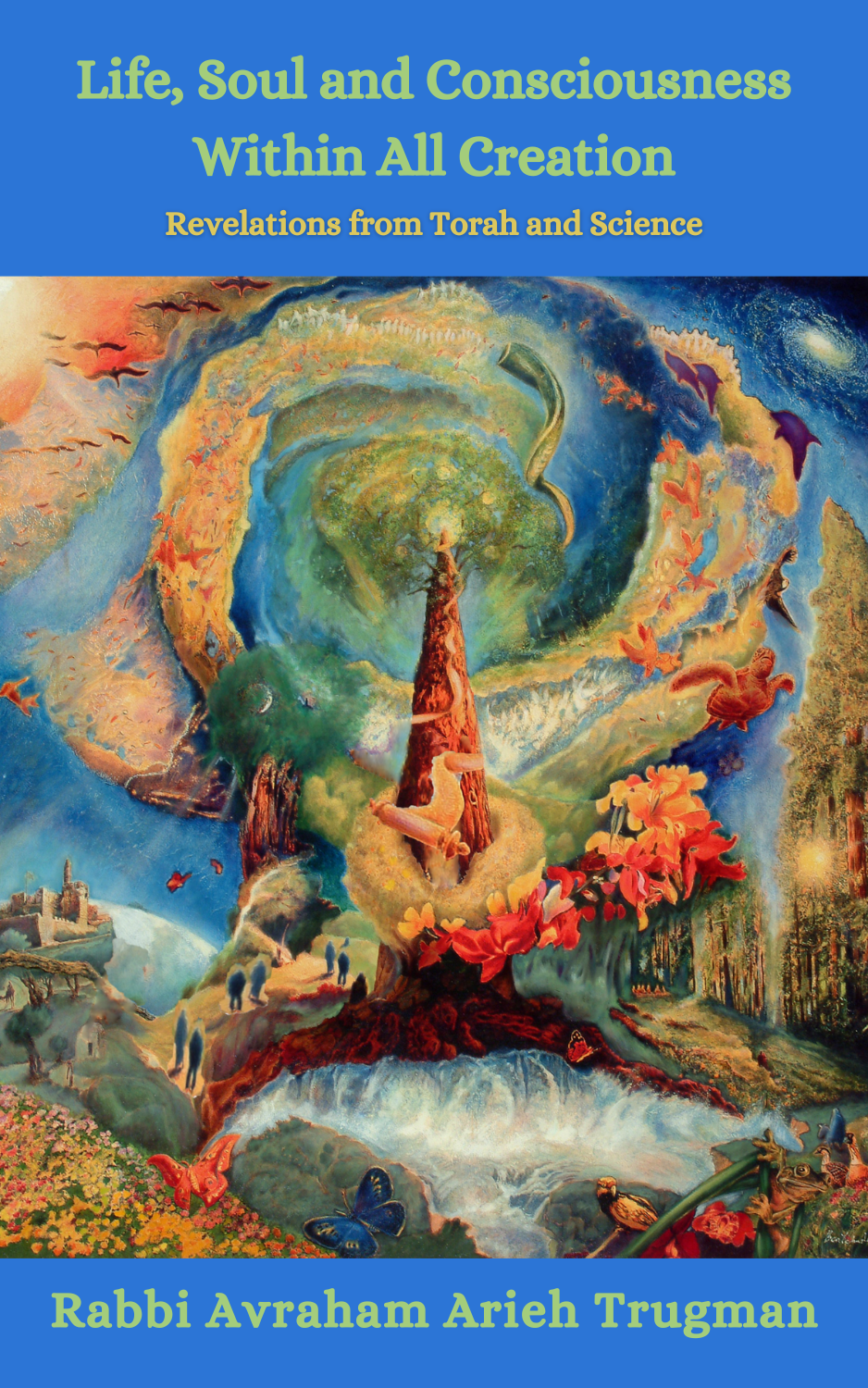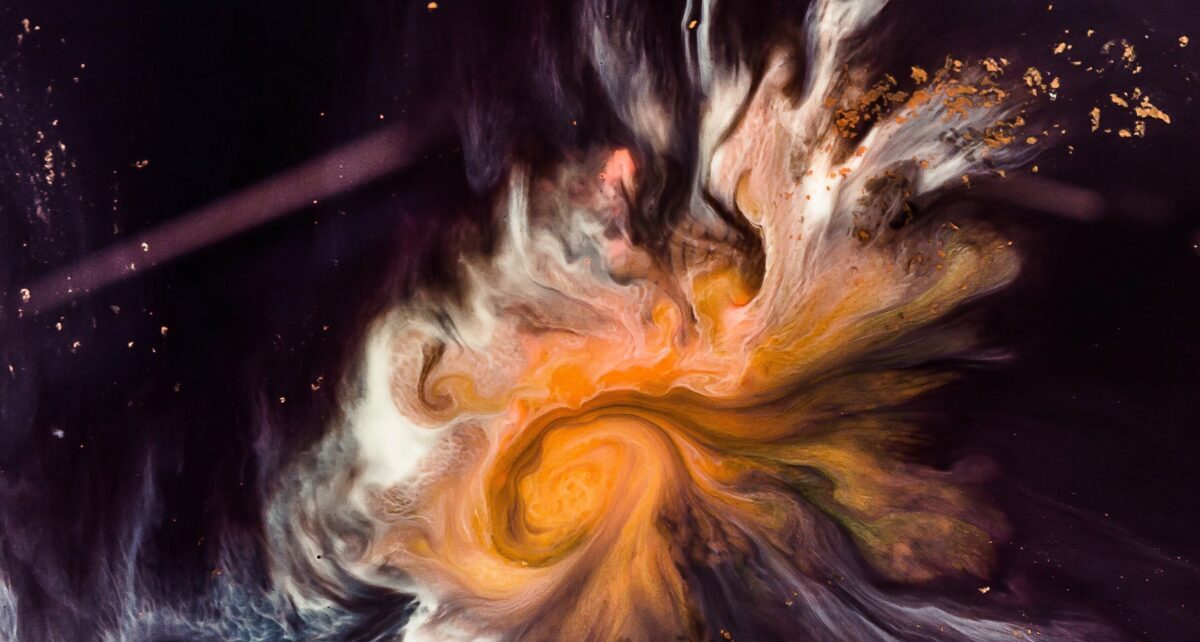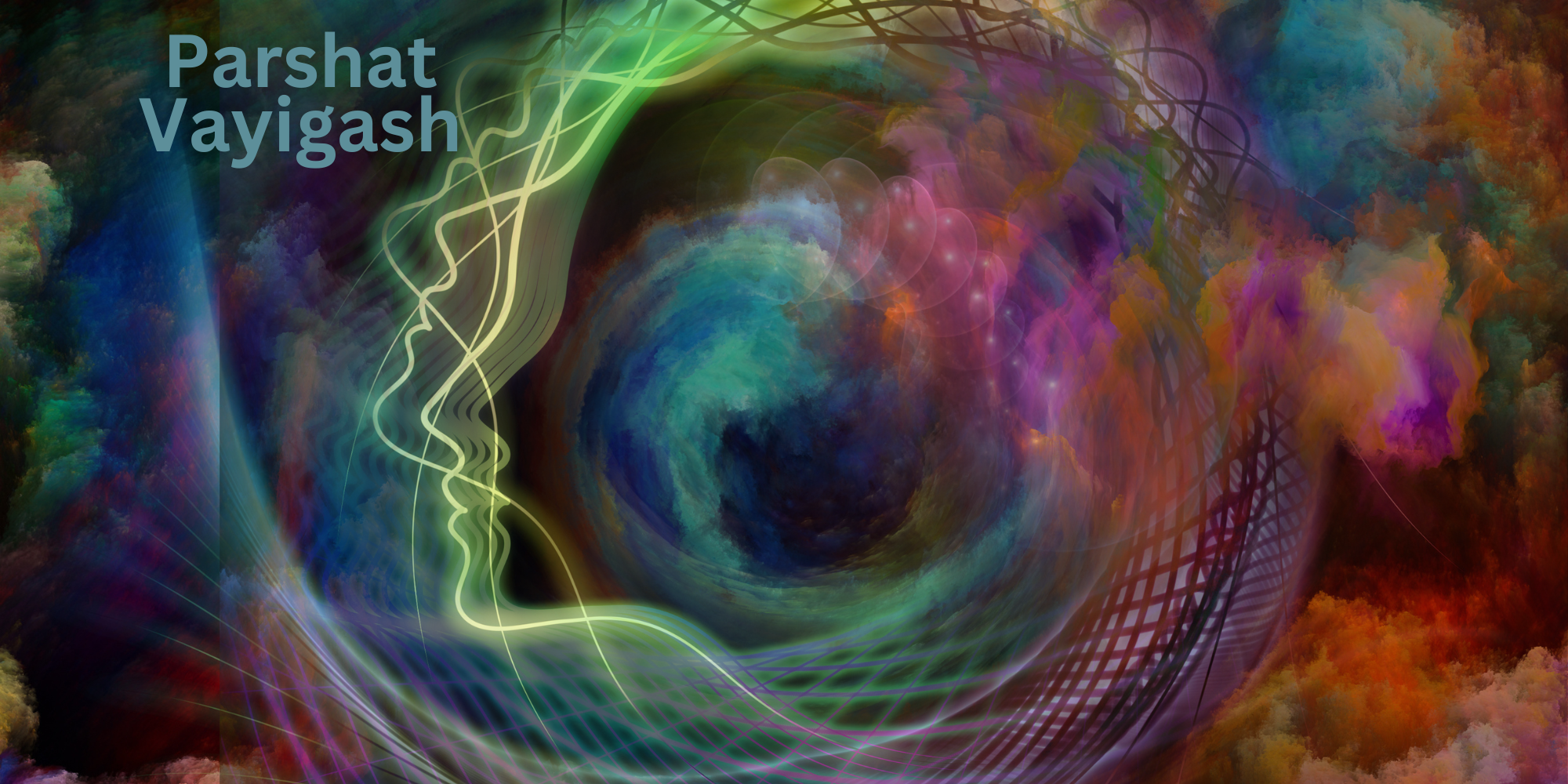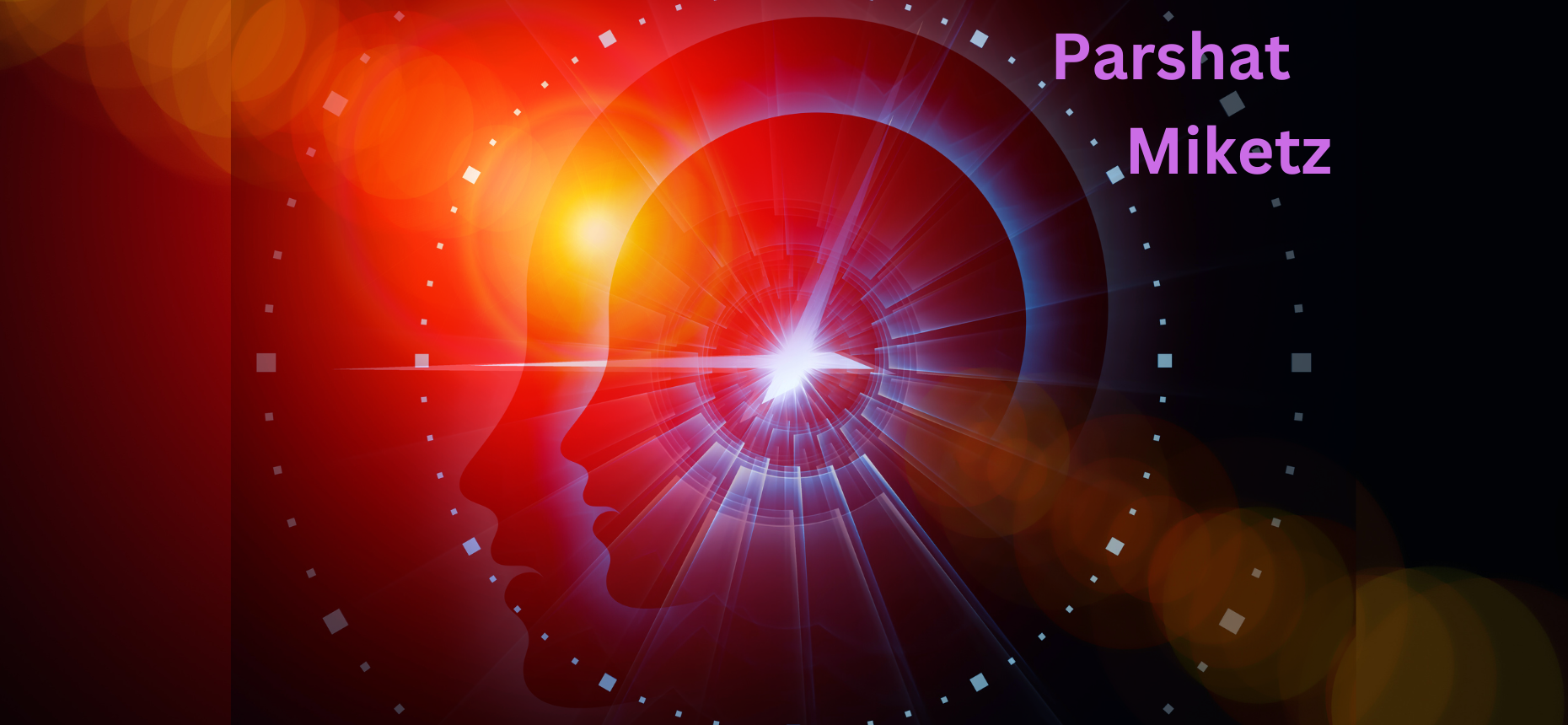The ninth of the ten plagues was the plague of darkness: “And God said to Moses: stretch forth your hand towards the heavens and there will be darkness upon the land of Egypt and the darkness will be tangible” (Exodus 10:21). Rashi explains that the darkness was not just the darkness of night; it was a type of darkness that could be “felt.” Indeed, the Torah states that “no man could see his brother nor could anyone get up from his place for a three day period” (Exodus 10:23). Rashi adds that anyone who was standing up when the plague began could not sit down and anyone who was sitting when the plague began could not stand up.
The ten plagues can be understood on many different levels, including the messages they have to teach every person in each generation. In psychological terms darkness represents a sense of depression that is fed by despair and purposelessness. Everyone experiences depression to some degree, but for those who wrestle with long bouts of depression the Torah’s description is quite frighteningly accurate; darkness is a real plague.
Depression causes people to feel alone, as if no one cares about them and in turn leads them not to care about others. This phenomenon is quite literally described in the biblical verse – “no one could see their brother.” An even more extreme form of depression occurs when people are completely sunk in the abyss and are virtually unable to move. They are stuck in a state of physical or emotional paralysis. This phenomenon is also quite literally described in the biblical verse – “nor could anyone get up from his place.”
Rebbe Nachman explains that the evil inclination is more interested in the depression following a sin than in the act of sinning itself, for nothing is as spiritually and even physically debilitating as depression. Everyone makes mistakes and acts in ways they later regret. The weight of guilt and inadequacy if not addressed can become a burden too heavy to bear. Fortunately, teshuvah (true repentance) cures the after effects of sin. By returning to God, the effect of “missing the mark” – a more literal translation of the Hebrew word for sin – is healed. However, if one chooses to wallow in the pain and refuses to take advantage of the healing effects of teshuvah, depression and despair often follow. (See Cain’s case in “Cain and Abel” above.) The exodus from Egypt, on both national and personal levels, entailed confronting the darkness and returning to the light, as the Torah states in the continuation of the above verses: “but for all the children of Israel there was light in their dwellings.” Despite the slavery, oppression, and darkness all around them, the children of Israel held on to the light and the hope of salvation. Frustration and sadness only evolve into depression when people give up, relinquishing all hope for the future.
Just as the plague of darkness immediately preceded the redemption from Egypt, so too, the darkest hour always comes right before the dawn. Knowing this secret and deciding never to give up are the greatest antidotes against the evil inclination’s ultimate secret weapon of depression.







